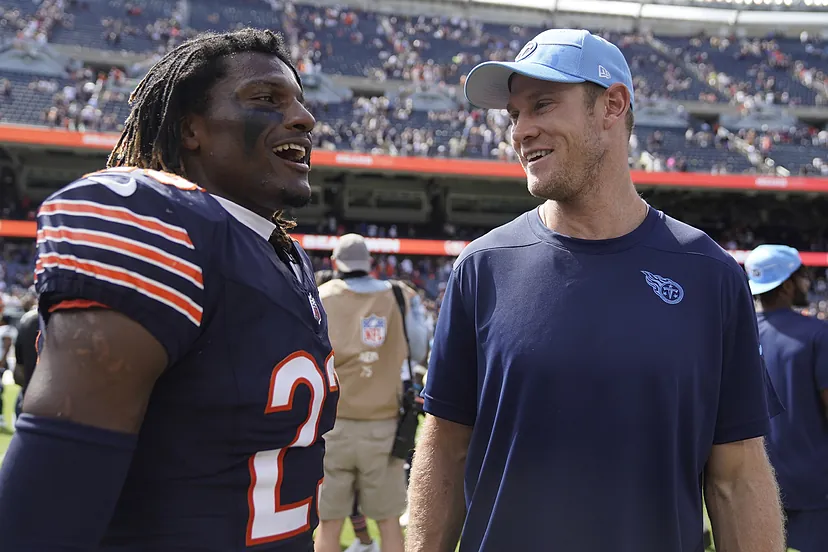**Adrian Colbert Reflects on Transformation Through Ayahuasca and Aaron Rodgers’ Influence**
In a candid interview that has captured the attention of sports fans and wellness enthusiasts alike, former NFL safety Adrian Colbert opened up about a profound personal transformation he experienced, largely attributed to the influence of Green Bay Packers quarterback Aaron Rodgers and the use of ayahuasca, a powerful plant medicine from the Amazon basin. Colbert’s journey from a life driven by anger and frustration to one of peace and self-discovery is a testament to the healing power of both introspection and unconventional therapies.
Colbert, who played for teams like the San Francisco 49ers and the Miami Dolphins, began by admitting that much of his early career was fueled by anger. “I was always battling with my emotions,” he shared. “Whether it was the pressure of the NFL or personal challenges, anger was my default. It drove me to work harder on the field, but it also clouded my judgment off it.”
His transformation began after meeting Rodgers, a vocal advocate for mental health awareness and alternative healing practices, including ayahuasca. The two connected on various occasions, and Rodgers shared insights about his own experiences with the plant medicine, which he has credited for providing him with clarity and perspective. “Aaron’s openness about his journey was inspiring,” Colbert recalled. “He talked about how ayahuasca helped him confront his fears, shed old habits, and embrace vulnerability. It made me curious.”
Intrigued by the potential benefits, Colbert decided to embark on his own journey with ayahuasca. The experience, he said, was nothing short of life-changing. “When I participated in the ceremonies, it felt like diving deep into my subconscious. I confronted a lot of the anger and resentment I carried,” Colbert revealed. “I realized that these feelings were rooted in fears and past traumas. The experience pushed me to look at my life from a different perspective and to let go of what was no longer serving me.”
Colbert described the ayahuasca journey as both challenging and cathartic. “It’s not a magic fix; it’s a process that requires deep reflection,” he noted. “But the insights I gained helped me understand myself better. I began to see the patterns in my life that were destructive, and I learned to replace anger with understanding and compassion.”
Post-experience, Colbert has made significant lifestyle changes, focusing on mindfulness, meditation, and healthier relationships. He emphasized the importance of community and support on this journey. “Surrounding myself with positive influences has been crucial. I cut ties with toxic relationships and reconnected with my true self,” he said.
In light of his transformation, Colbert is now an advocate for mental health awareness, encouraging others, especially those in the professional sports arena, to seek help and explore alternative healing practices. “Mental health needs to be prioritized in sports; we’re often so focused on physical performance that we neglect our emotional well-being,” he asserted.
Colbert’s story resonates particularly in today’s climate, where conversations around mental health have become increasingly important in the context of sports. The pressures of competition are immense, and navigating them without adequate support can lead to destructive behaviors. By sharing his story, Colbert aims to breach the stigma surrounding mental health and alternative healing practices in professional sports.
As he embarks on a new chapter in his life, Colbert remains grateful for the influences that guided him on this journey. “Aaron showed me that vulnerability isn’t a weakness; it’s a strength. And ayahuasca opened my eyes to the power of healing through introspection,” he said, reflecting on how these experiences continue to shape his future.
In an era where athletes are increasingly embracing holistic approaches to well-being, Adrian Colbert’s openness about his journey with ayahuasca and the impact of Aaron Rodgers serves as an inspiring reminder that transformation is possible, even in the face of life’s greatest challenges.
